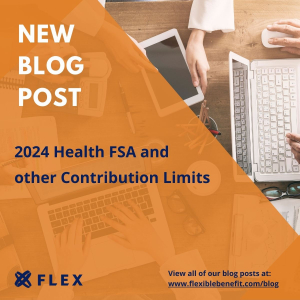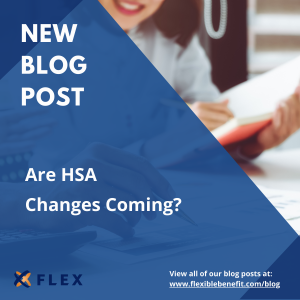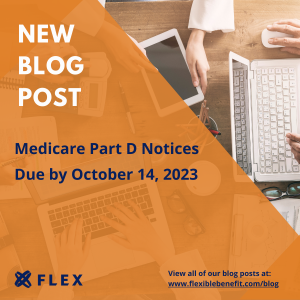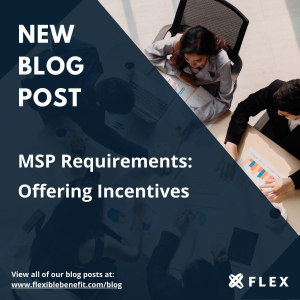Benefits Buzz
The Internal Revenue Service (IRS) published Revenue Procedure 2023-34 on November 9, 2023. The Revenue Procedure includes the inflation-adjusted 2024 contribution limits for certain employee benefit programs. Below is a summary of some of those contribution limit adjustments.
The Employee Retirement Income Security Act of 1974 (ERISA) requires plan sponsors of health and welfare benefit plans (e.g., medical, dental, vision, HRA, FSA) to provide a Summary Plan Description (SPD) to plan participants at certain times. An SPD is a written document that summarizes the material provisions of a plan and describes how the plan operates.
The Affordable Care Act (ACA) created a research institute known as the Patient-Centered Outcomes Research Institute (PCORI). The goal of PCORI is to help patients and those who care for them make better-informed decisions about healthcare choices. PCORI is funded in part by fees which are charged to health plans. The following information is designed to help employers understand their upcoming payment obligations.
The House Ways and Means Committee recently cleared legislation which would make substantial enhancements and improvements to Health Savings Accounts (HSAs). There are two bills which have now been cleared for a vote in the House of Representatives (House). If passed in the House, the bills would then need to be approved by the Senate before going to the president for signature.
Employers often wonder if they can pay or reimburse employees for Medicare premiums if they waive coverage under the employer-sponsored group health plan. This may drive down the overall cost to the employer, and it may even be in the best interest of some Medicare-eligible participants; however, this type of action is generally prohibited under various laws.







